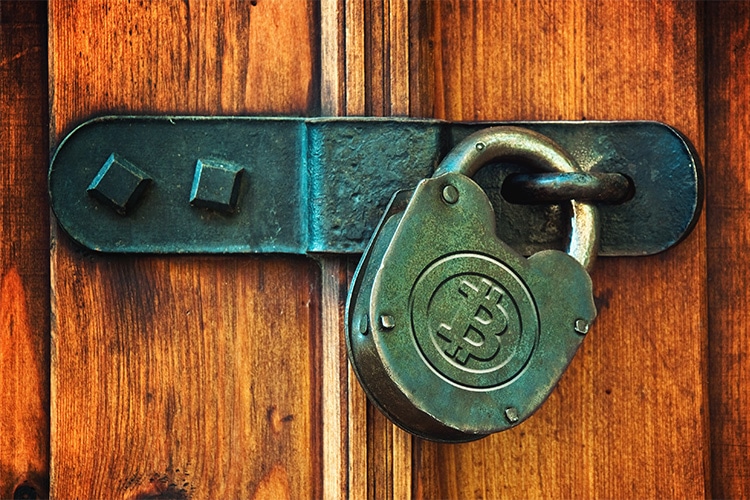We’ve created this page as a reference resource for those who are interested in increasing their own personal Internet security.
Here are Crypto.com.au’s top basic security tips:
Tip 1: Being Practically Paranoid
There’s an old term used in the tech industry called ‘being practically paranoid‘, this is our recommended approach for using the Internet in general. Security isn’t about buying a software package, security is a process. Always try and use trusted sources and do your research.

An example of ‘being practically paranoid’ is don’t click on links in messages via email, text and social media. Scammers and attackers are clever and cunning. They will use these platforms to trick users in to believing they are from legitimate sources. An example is, emails that look like they come from service providers (your bank, wallet provider, trading platform etc.). The branding, the text, the layout all can look familiar (they are designed by attackers to deceive you) and they could trick you into disclosing information that can be used for malicious purposes.
Tip 2: As the Saying Goes “If It Seems Too Good to Be True, It Probably Is”
There are scams and scammers in any industry. Cryptocurrencies are no different. Do your own research and ask questions. Don’t be too hasty when making decisions, especially when the consequences of making an error can be so damaging. Take a deep breath, stop and check yourself before you make a decision.
Tip 3: Go Direct to the Source
Alway make sure you go directly to the official website when logging in or giving out your information to help protect yourself. It is important that you know where you are and what information you are going to be disclosing.
Always check that the URL you have gone to is 100% correct before doing anything (for example while they look similar these two domains are different: crypto.com.au vs crypto.co).
Tip 4: Check for a Valid SSL Certificate
When disclosing any personal information or details it is important the site is using a valid SSL certificate. This means that your data is encrypted when being passed from your computer to their system.
Tip 5: Make Sure Your Hardware and Browser Are Secure
When was the last time you updated your computer or your computer software? When was the last time you updated your browser?
Just like a tradesman needs good tools to do the job. You need good tools to manage cryptocurrencies.
Making sure you use a safe browser and being wary of clicking on any ads is important. We came across the Brave Web Browser which has been designed especially for people who use cryptocurrencies. You could also consider using an ad block plugin.
Tip 6: Take Some More Time to Educate Yourself
You don’t need to be a geek to be secure, but you do need to spend some time learning and applying what you learn.
Before you make the decision to part with your hard earned money, do your research so you can be informed.
We’ve seen a lot of security advice that falls short of truly protecting users, so we’ve compiled some of the best how-to’s and guides we could find in an effort to help you add additional layers of security to your environment and processes.
Tip 7: Use a Hardware Wallet
A hardware wallet is preferred over keeping cryptocurrency on an exchange. The nature on anything connected to the Internet is that there are risks, a hardware wallet adds an additional layer of security for the security conscious.
Check out some more info on the difference between software and hardware crypto wallets here.
This might not be an option for everyone, but something to look into. At the very least, do your research and understand your risks.
Some of Crypto.com.au’s Favourite Security Resources
- Stay Smart Online
- Keep your business safe from cyber threats
- Australian Government Online safety Portal
- ACCC Scamwatch
- Telstra: Online safety
- Basic Computer Security: How to Protect Yourself from Viruses, Hackers, and Thieves
- Top Ten Safe Computing Tips
- 6 Tips to Keep Your Home Computer Safe and Secure
- Here’s how to keep your computer safe and secure
- Google Safety Centre
- Ransomware Recovery